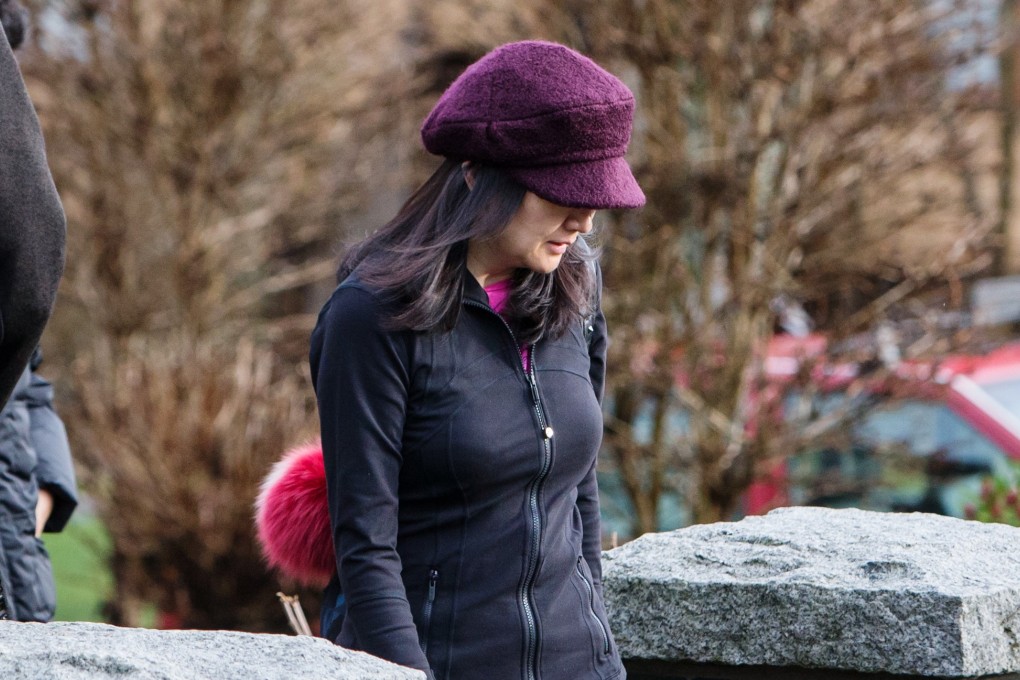US confirms it will continue to seek extradition of Huawei executive Meng Wanzhou
- The conflict over her case could stretch on for months, or even years, as Canadian courts consider the extradition case and process possible appeal

The United States will continue to seek the extradition of technology executive Meng Wanzhou, the US Department of Justice confirmed Tuesday, news that will intensify a high-stakes dispute between China and the United States.
Meng, who is CFO for Huawei Technologies, was arrested in Vancouver, British Columbia, on December 1 on US fraud charges related to US sanctions law.
Not long after, Chinese authorities detained two Canadian men on security charges, widely seen as retribution for Canada’s arrest of Meng.
The stand-off has left Canada caught between its extradition obligations to Washington and an outraged Beijing, which has warned of unspecified consequences should Canada proceed with the case against Meng or take action against her company.
Canadian officials have stressed throughout that Meng’s case is a legal matter, not a political one, a message reiterated by the US Department of Justice on Tuesday.